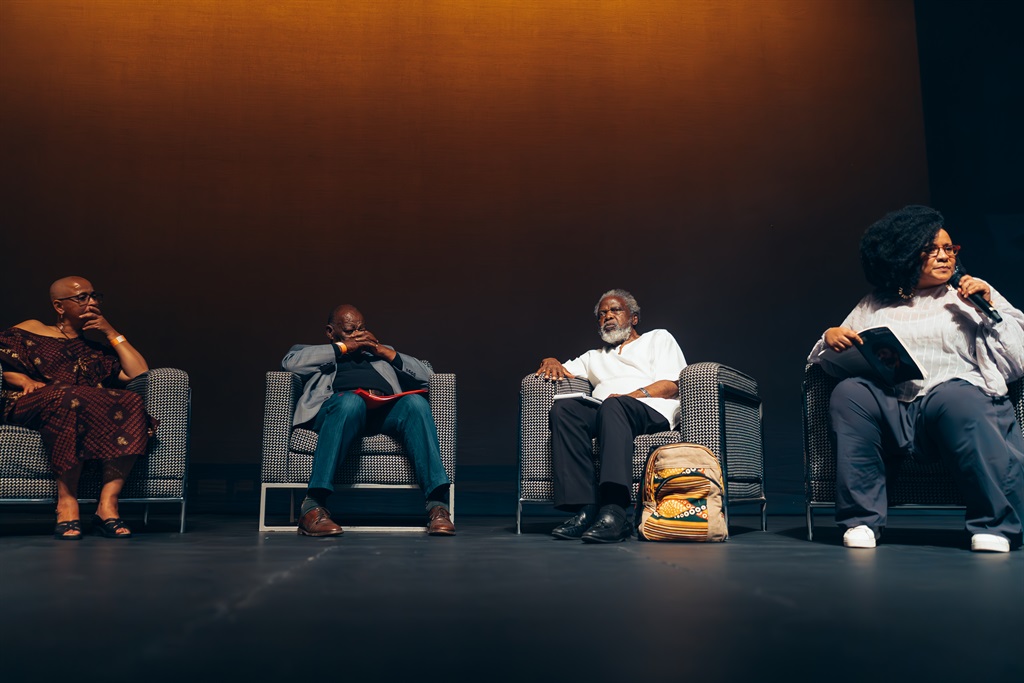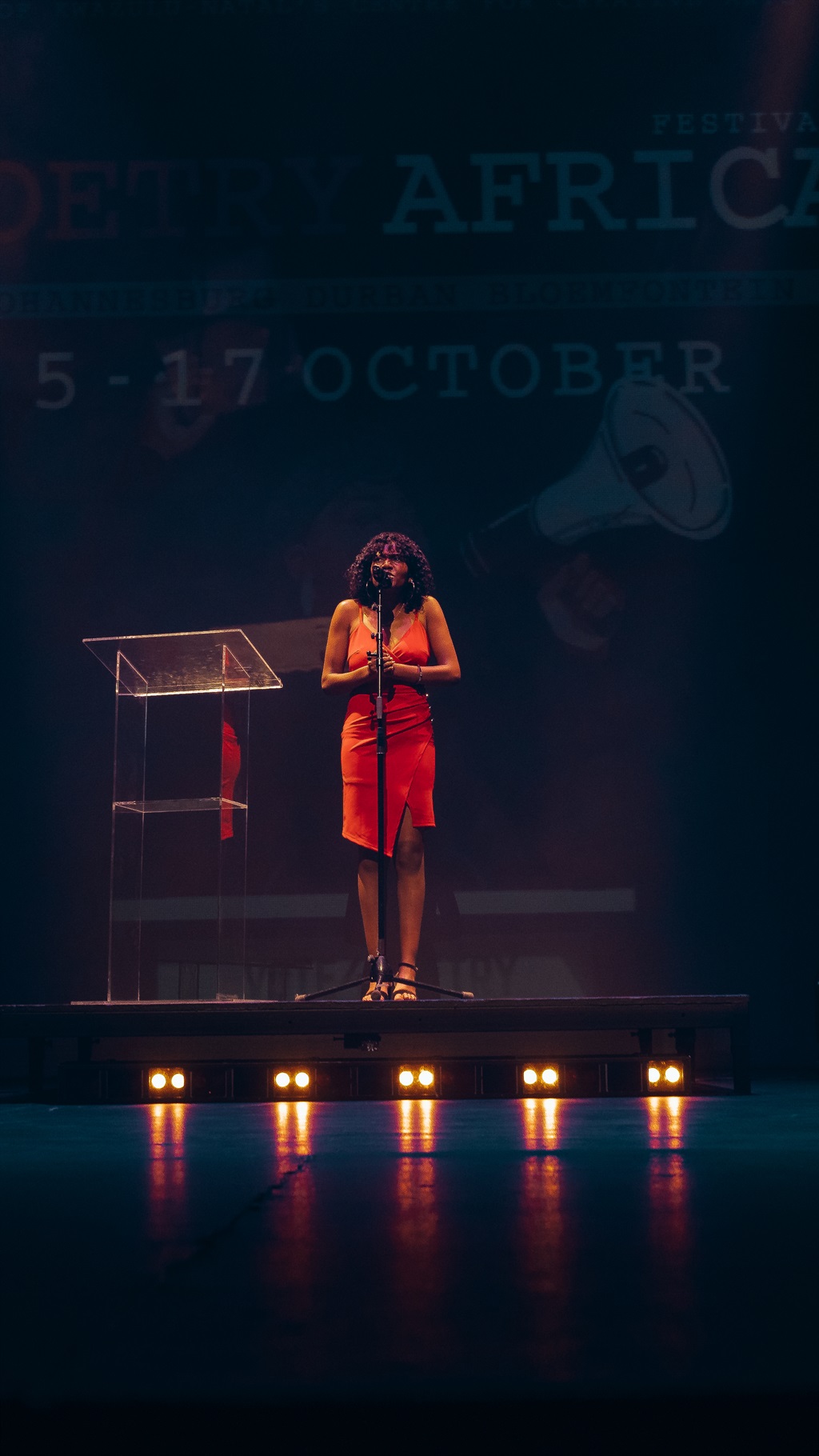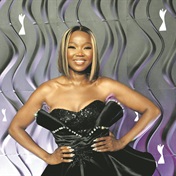
Whoever sparked rumours about poetry dying must have missed the memo about the 27 years of the Poetry Africa International Festival’s success. The festival, which is flawlessly orchestrated by the Centre for Creative Arts at the University of KwaZulu-Natal, finally found its way to Gauteng's poetry lovers on October 5 in honour of the late Professor Keorapetse Kgositsile (Bra Willie).
Poets, literary connoisseurs and spoken word enthusiasts convened at the University of Johannesburg’s Arts Centre to bask in a grammar and figures of speech-induced emotional rollercoaster.
Kgositsile must have shed a heavenly tear as Phillippa Yaa de Villiers and Lebogang Mashile delivered moving recitals of their friend, mentor and uncle’s poetic genius. De Villiers and Mashile’s readings followed Professor Muxe Nkondo’s delivery of a lecture that fittingly described how Bra Willie was the embodiment of a metaphor.
READ: African Genius Awards recognise Zakes Mda and Professor Tshilidzi Marwala
Lebo Mashile could not contain her laughter when I asked her about the notion of poetry being on life support.
In an era where parents are increasingly raising their children in English at the expense of indigenous languages, Mashile expressed how the language landed in our vocal cords owing to colonialism. Interestingly, AmaPiano has taken over global stages and people are dancing to this genre worldwide despite not speaking the languages in which amapiano songs are rendered.
“English is the language of power and access. It dominates in academic and economic spaces but I think it is interesting to look into prolific writers like Ngugi wa Thiong’o whose work is the greatest advocacy for African languages. His children are alive in poetry and music where they express themselves in indigenous languages and people are resonating with that expression even though it is not in English.” said Mashile.
Eighteen-year-old Wits University student and lover of spoken word Lehlogonolo Lekalakala was very vocal about wanting Africans to know that it is okay to speak our languages and to be African. She said
Apart from the access that Mashile spoke of, the 2000s generation of poets have a way of intermarrying English with their own languages in their work. The young poets from South Africa, Zimbabwe and Nigeria who delivered their work on Thursday evening are unwittingly following in the footsteps of Bra Willie and other olden-day poets.
The arts have always been an instrumental tool in the delivery of messages that humans would rather shy away from. Artists and poets back then used their voices to speak out against the then government, oppression and colonialism. On Thursday night we were engaged in hard-hitting poems where colourful and bleak metaphors were used to describe their experiences of gangsterism and gun violence, xenophobia, HIV/Aids and prostitution, absent parents and beauty standards.
READ: South African creators preserve languages through podcasts
“I feel like more than anything, poetry is a medium of expression. There are a lot of controversial topics that we fear engaging in. All the poets wgo performed tonight spoke about things that affect them. Art is life. It exposes us to so much of our lives that we otherwise would not be exposed to,” Lekalakala.




 Publications
Publications
 Partners
Partners










